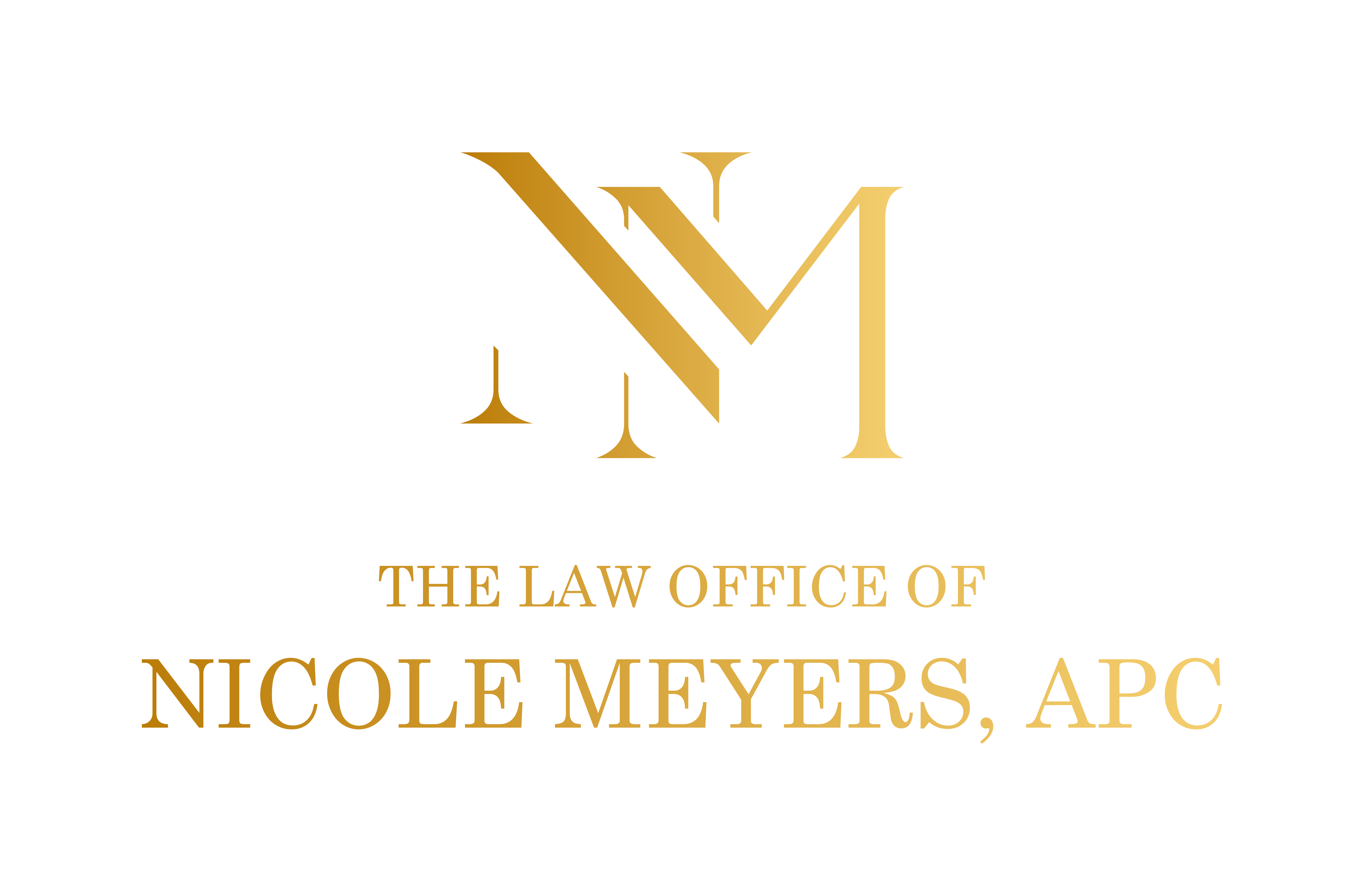Practice Areas

Discrimination & Harassment
Facing discrimination or harassment at work can be a stressful and painful experience. It can usually breeds a toxic work environment and make you dread or feel anxious about going into work each day. Fortunately, California law protects workers from discrimination.
Discrimination is the unfair or unequal treatment of an individual based on certain characteristics.
In the state of California, it is unlawful for employers to discriminate against employees based on the following:
- Race, color
- Nationality, national origin, ancestry
- Religion, creed
- Age (over 40)
- Disability – mental or physical
- Sex, gender
- Sexual orientation
- Gender identity, gender expression
- Medical condition (including pregnancy, childbirth, breastfeeding, or related medical conditions)
- Genetic information
- Marital status
- Military and/or veteran status
Some examples of discrimination may include:
- Refusal to hire
- Termination
- Denial of training
- Failure to promote
- Unequal pay
- Demotion
- Harassment

Wrongful Termination
In California, most employment positions are considered to be “at-will.” In other words, an employer may fire an employee for any reason or for no reason at all. However, an employer may not fire an employee for a discriminatory reason or for other reasons prohibited by state and federal laws.
Termination of employment is not legal if it is based on discrimination of any of the following:
- Race, color
- Nationality, national origin, ancestry
- Religion, creed
- Age (over 40)
- Disability – mental or physical
- Sex, gender
- Sexual orientation
- Gender identity, gender expression
- Medical condition (including pregnancy, childbirth, breastfeeding, or related medical conditions)
- Genetic information
- Marital status
- Military and/or veteran status
If an employer fires an employee illegally, it is considered wrongful termination and that employee may seek financial damages from the employer.

Workplace Retaliation
It is illegal under federal law and under California law for an employer to retaliate against an employee that reports or otherwise opposes unlawful activity.
Retaliation in the workplace is any form of adverse action that an employer takes against an employee because the employee engaged in a protected activity. That protected activity might be filing a complaint about harassment, or discrimination, or unpaid wages, or taking FMLA leave. Examples of an adverse action include:
- Being fired, laid off, or demoted
- Being reassigned to objectionable or risky job duties
- Being passed over for promotions
- Pay reductions, termination of benefits and/or cut hours
- Receiving negative performance reviews in the absence of any job-related performance issues.
California and federal law protect employees against workplace retaliation. Also, the law doesn’t only protect the person who filed the complaint, but it also protects anyone who participates in any investigation that arose from the complaint. This means that employees who are interviewed regarding a complaint cannot be retaliated against for participating in the investigation.
If you believe you have been the victim of unlawful treatment in the workplace, our office can provide the information and guidance you need to do something about it. We will fight diligently to hold your employer liable for their misconduct and secure appropriate compensation for your suffering.

Sexual Harassment
Sexual harassment is any unwanted act or communication between an employee and an employer or co-worker, which is sexual in nature. This behavior alienates the victim of the harassment, and can negatively impact their job performance. If you have been sexually harassed, you may fear wrongful termination or some other form of retaliation should you speak up about the harassment. You should know that California and federal laws protect employees against this unlawful behavior. Although women are often the targets of sexual harassment, men are also victims in many cases. Examples of sexual harassment include:
- sexual comments
- inappropriate touching
- offensive jokes
- uncomfortable staring
- displaying of sexual images
- linking job advancement to sexual favors (“quid pro quo” harassment)
- sexual assault
If you or someone you know have been the victim of sexual harassment at work, contact our office to speak with an experienced workplace harassment attorney to understand your options.

Whistleblower Retaliation
California’s whistleblower law prohibits employers from retaliating against employees who have reported or resisted unlawful activity. Retaliation may take the form of demotion, reduced hours or wages, or termination, while unlawful activity may include:
- Unsafe work environment or business practices;
- Failure to pay wages or comply with the Labor Code;
- Discrimination, harassment, or other violations of the Fair Employment and Housing Act;
- Dishonest business dealings; and
- Any other conduct an employee reasonably believes to violate the law.
If you have blown the whistle on your employer and experienced retaliation, contact our office for a free consultation to discuss your options.

Wage & Hour Violations
California employees have the legal right to compensation if their employers violate the state’s wage and hour laws.
Common wage/hour state law violations in California include:
- Failing to pay California’s minimum wage
- Failing to pay overtime
- Requiring work off the clock
- Failing to provide required meal and/or rest breaks during work periods
- Misclassifying employees as exempt from wage/hour requirements; and
- Misclassifying employees as independent contractors.
If you suspect your employer is violating or has violated wage and hour laws, call our office to determine the nature of the violation and figure out the best next steps for you.
